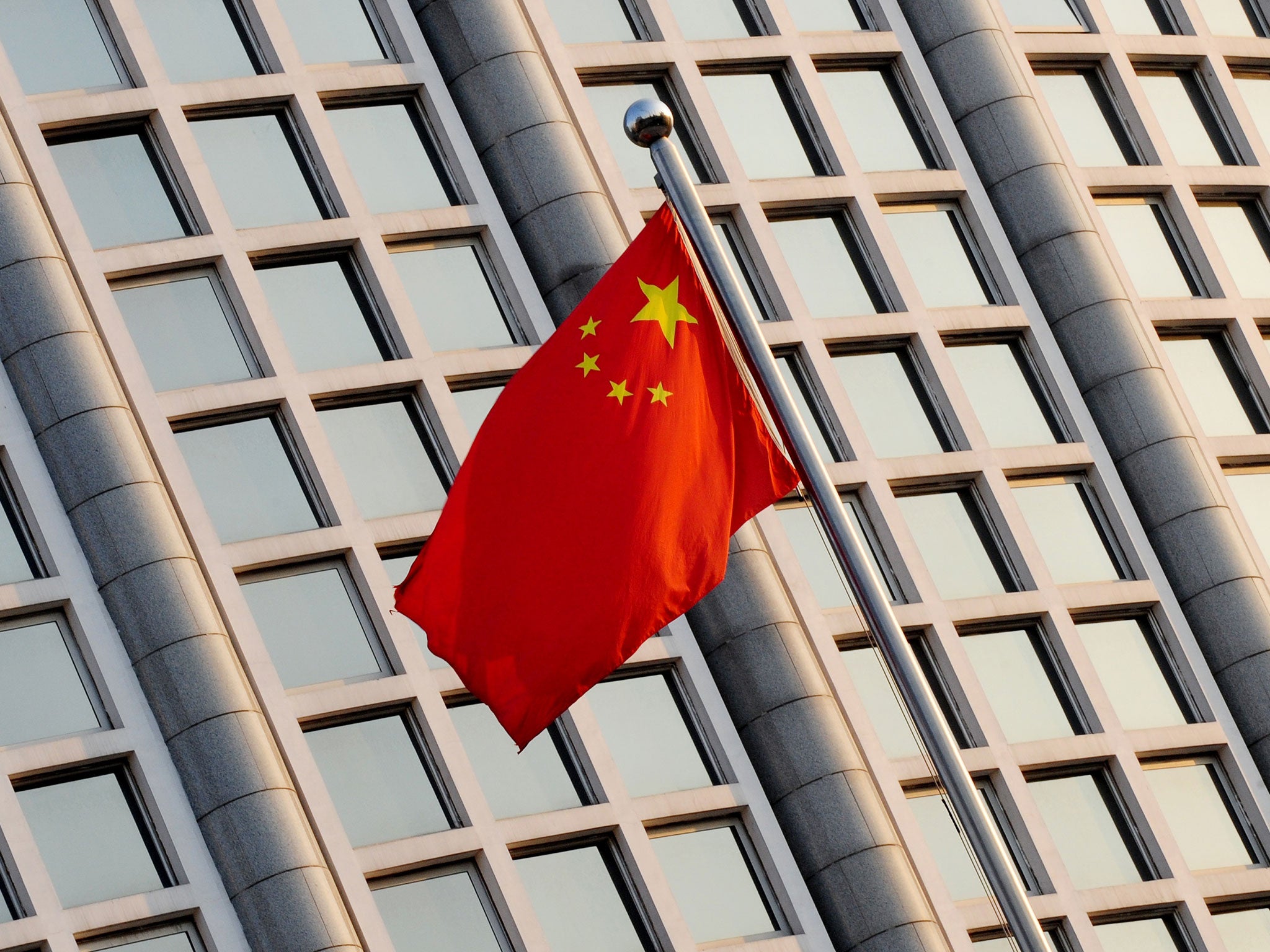China arrests peer-to-peer lenders Ezubao in $8bn Ponzi scheme
The action might be the country’s biggest illegal fund-raising case in terms of the money and number of investors allegedly involved.

More than 20 people have been arrested by the Chinese police in relation to a “Ponzi scheme” that reportedly took some 50 billion yuan ($7.6 billion) from nearly 1 million investors.
The action might be the country’s biggest illegal fund-raising case in terms of the money and number of investors allegedly involved, according to official reports.
Police have arrested 21 suspects linked to Ezubao, China’s largest online peer-to-peer (P2P) lender, and its parent Yucheng International Holdings Group.
The suspects allegedly lured investors with promises of high-interest pay-outs from leasing projects, the official Xinhua news agency reported. Prosecutors are seeking restitution for 900,000 investors.
Some 95 per cent of the advertised investment projects were fake, Xinhua said, calling Ezubao a “Ponzi scheme”.
Sources close to investigators said that more than 1,000 employees of Ezubao and other Yucheng subsidiaries are suspected of wrongdoing that falls into the category of “illegally taking deposits from the public,” which according to the Criminal Law is punishable by up to 10 years in prison, news agency Caixin reports.
Among those arrested was Ding Ning, the chairman of Yucheng Group, which launched Ezubao in July 2014.
“It was known for a long time that Ezubao was heading for trouble because it was so aggressive,” Joe Zhang, a veteran peer-to-peer business owner and executive claimed to the Financial Times.
“The majority of P2P firms are trying to do the right thing. Whether they have a good business model is another matter,” Mr Zhang added.
The Ezubao case has underscored the risks created by China's fast-growing $2.6 trillion wealth management product industry. Many products are sold through loosely regulated channels, including online financial investment platforms and privately run exchanges.
Additional reporting by Reuters
Join our commenting forum
Join thought-provoking conversations, follow other Independent readers and see their replies
Comments